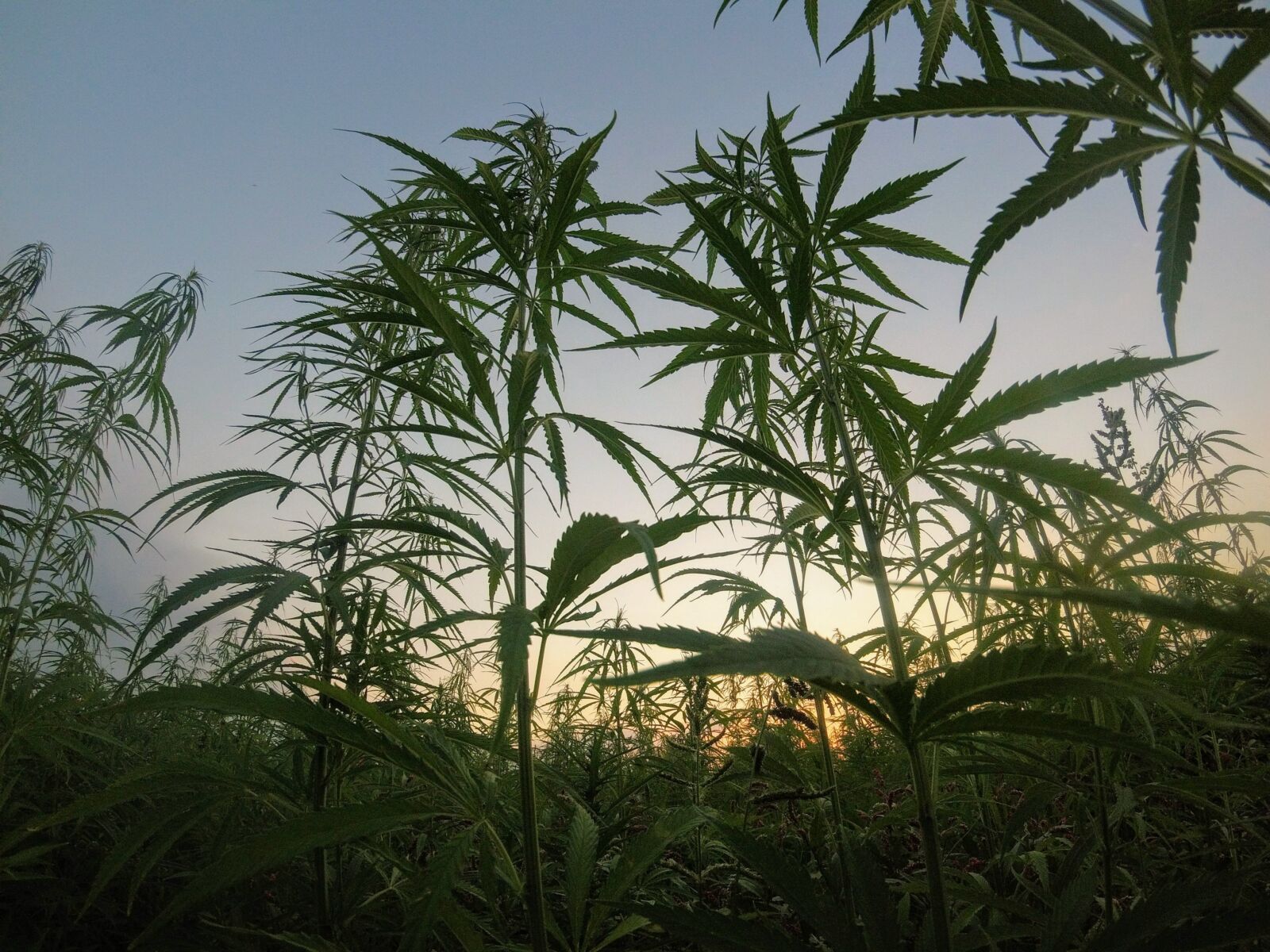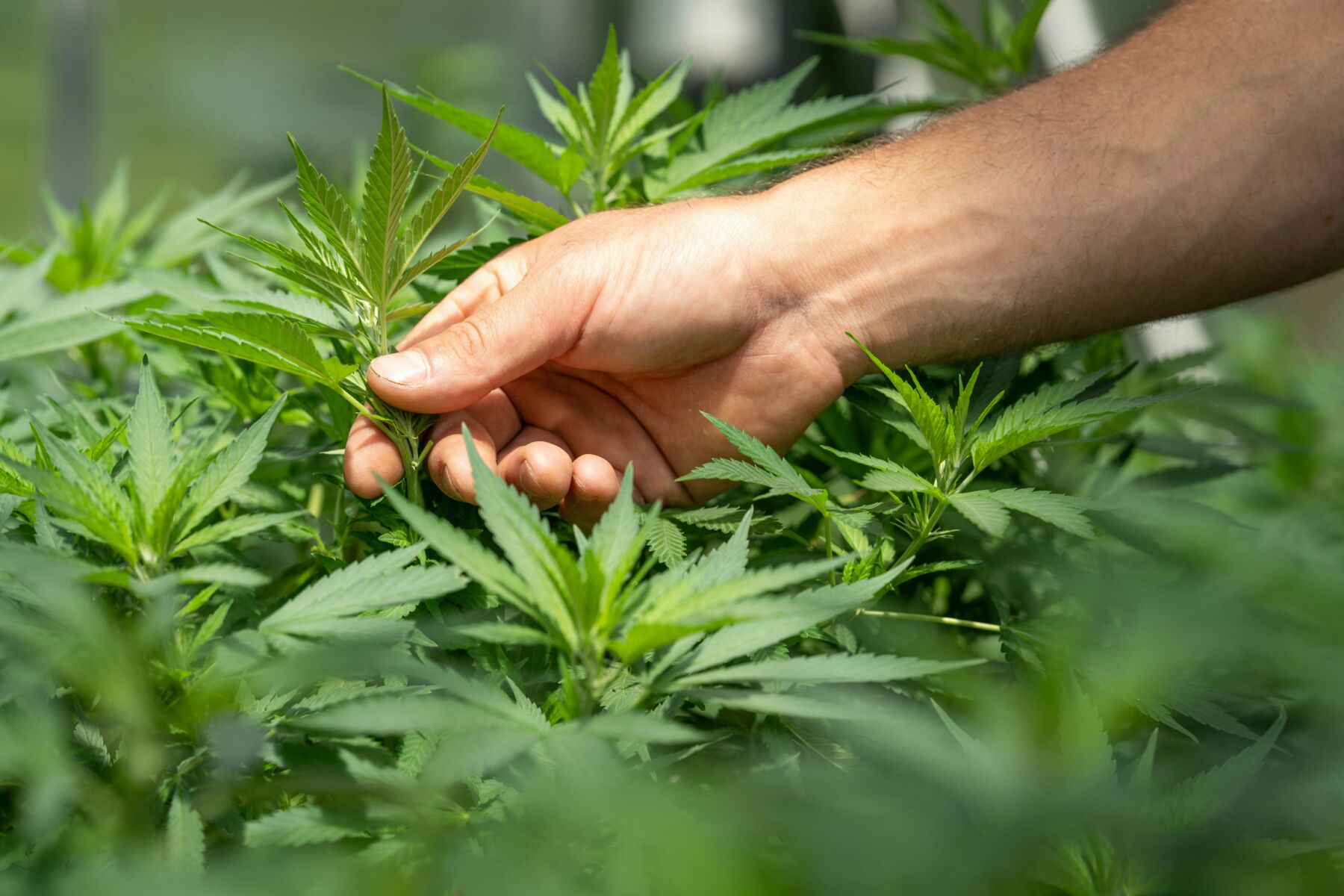Is cannabis legal for foreigners in Thailand? Know the rules

Thailand’s stance on cannabis has undergone a significant transformation, making it a hot topic among entrepreneurs and tourists alike. With the plant’s removal from the Category 5 narcotics list on June 9th, 2022, the gates have seemingly opened for a burgeoning cannabis industry. But what does this mean for foreigners looking to partake in or start a cannabis business in this vibrant country?
The new regulations have sparked interest worldwide, promising opportunities in a market that’s ripe for innovation. However, it’s not a free-for-all; the Thai government has put in place specific measures to ensure the industry thrives responsibly. Foreigners eyeing this green rush must navigate the legalities, from possession limits to cultivation rules.
For those considering a cannabis venture in Thailand, understanding the legal landscape is crucial. While the country shows a progressive approach, it’s essential to grasp the nuances of the law to ensure compliance. After all, starting a business in a foreign land comes with its set of challenges, and the cannabis sector is no exception.
What are the current cannabis laws?

Thailand made a significant policy shift on June 9th, 2022, as the government decriminalized cannabis by removing it from the Category 5 narcotics list. This landmark decision permits Thai citizens to cultivate and vend cannabis, exclusively for medical purposes, transforming the industry’s dynamics overnight.
Regulatory efforts followed swiftly to ensure controlled growth. Personal use of cannabis is now permissible; however, it’s confined to private spaces. Public consumption remains strictly illegal, reflecting the government’s caution in balancing new freedoms with social responsibility. This decision has spurred the growth of a cannabis market that’s dynamic yet currently operates in a regulatory gray area.
Tourists and foreign nationals should note that while the market is in flux, awareness of the existing framework is paramount. The current state of the law is critical to understand:
- Eligibility for Cannabis Use: Foreigners must adhere to eligibility requirements, including restraint from public consumption and compliance with medical-use regulations.
Who can consume cannabis?
As Thailand emerges as a pioneer in Asia by decriminalizing certain aspects of cannabis, the country has seen a rise in intrigue among locals and foreigners alike. However, it’s crucial to understand that there are specific rules that dictate who can legally consume cannabis in this Southeast Asian nation.
Where Can You Consume It?
The freedom to consume cannabis in Thailand doesn’t mean it’s permissible everywhere. Private properties are often deemed acceptable for consumption, provided the property owner allows it. Nevertheless, there are places where cannabis enthusiasts must tread carefully. Designated smoking areas in some establishments may permit cannabis use, but consuming cannabis in public spaces is a major taboo, enforced with the risk of fines or imprisonment. It’s also worth noting that cannabis edibles are restricted to consumption within authorized restaurants that align with regulated guidelines.
For foreigners, the rule of thumb is to consume discreetly within the confines of private residences or areas expressly permitting cannabis use. Tourists should avoid public usage and always respect local laws and customs.
How Much Can You Consume?
While there’s no set limit on the quantity one can consume for personal use, the Thai government has placed a ceiling on the legal amount of THC content in cannabis products. Products should contain no more than 0.2% THC to remain within the legal threshold. This limit is critical to adhere to not only for growers and dispensaries but also for individual consumers who might inadvertently purchase products that exceed the legal limit, thereby risking criminal offense charges.
The ambiguity in enforcing age restrictions—cannabis is legal only for individuals aged 20 and above—puts the onus on consumers to abide by the law and ensure they meet the age requirement. With dispensaries springing up in cities, the authorities are tightening checks, and foreigners particularly should be vigilant to ensure they remain on the right side of the law when consuming cannabis in Thailand.
Can foreigners buy cannabis in Thailand
Where Can You Buy It?
In Thailand, the rapidly evolving cannabis landscape has seen a proliferation of dispensaries where foreigners can acquire cannabis. Tourists may purchase cannabis, especially for medical reasons, provided they comply with the country’s strict legal requisites. Dispensaries have sprouted throughout urban centres like Bangkok and tourist hotspots such as Phuket, with many of them employing English-speaking staff to cater to the international clientele. It’s estimated that a significant percentage of customers are foreigners; laying testament to this is the ubiquity of signage in multiple languages, indicating the presence of cannabis for sale.
Private properties offer another channel for cannabis consumption, provided they have obtained the necessary authorizations and comply with the legal threshold for THC content. Restaurants too, under stringent guidelines, have begun to serve cannabis-infused edibles, although they represent a smaller segment of the market. It should be noted that while the Thai government has rolled back on punitive measures for possession, public consumption remains illegal, and visitors are advised to exercise discretion.
Can You Grow It?

Growing cannabis as a foreign national in Thailand enters a legal grey area. With the introduction of new regulations, opportunities to cultivate cannabis have been made available, albeit with restrictions. Small cultivators—typically households are allowed to maintain up to 10 plants without incurring fees; however, this is presuming that the grower is a Thai resident who has notified the Thai FDA.
For medium and large cultivators, the landscape becomes more regulated with required authorization, FDA approval and potentially fees to the State. Foreign entities can engage in the cultivation and sale of cannabis only if they fall under the government’s stipulations: Companies must be established under Thai law, have a local office, and ensure majority Thai ownership and management. This is generally interpreted as a safeguard to prevent foreign domination of the market, yet it is also seen as an opportunity to transfer knowledge and technology within the burgeoning industry.
In practical terms, this means that while foreign nationals living in Thailand and abiding by these rules may be able to grow cannabis, it’s not a straightforward process. Tourists or short-term travelers are not permitted to grow cannabis. As the rules evolve and the industry develops, interested individuals are encouraged to frequently check the latest legal provisions and avoid any actions that might contravene the law.
Frequently Asked Questions about cannabis in Thailand
Can foreigners legally purchase cannabis in Thailand?
Yes, foreigners can legally purchase cannabis in Thailand for medical reasons, provided they adhere to the country’s legal framework.
Is public consumption of cannabis allowed in Thailand?
No, consuming cannabis in public is still illegal in Thailand.
Can a foreign national grow cannabis in Thailand?
Foreign nationals can grow cannabis in Thailand but face legal grey areas. Small-scale cultivators are allowed up to 10 plants without fees, while larger operations need authorization and may incur fees.
What are the conditions for foreign entities to engage in cannabis cultivation and sales in Thailand?
Foreign entities must meet specific government stipulations to legally cultivate and sell cannabis in Thailand, including possibly obtaining FDA approval.
Is it important for individuals to stay updated on Thailand’s cannabis laws?
Yes, it is crucial to stay informed on the latest legal provisions to ensure compliance and avoid legal issues related to cannabis in Thailand.
Check out our article on 10 things you need to know about cannabis as a tourist in Thailand.
Parts of this article, including images, may have been generated using AI tools before an editor reviewed it.
Latest Thailand News
Follow The Thaiger on Google News:


























